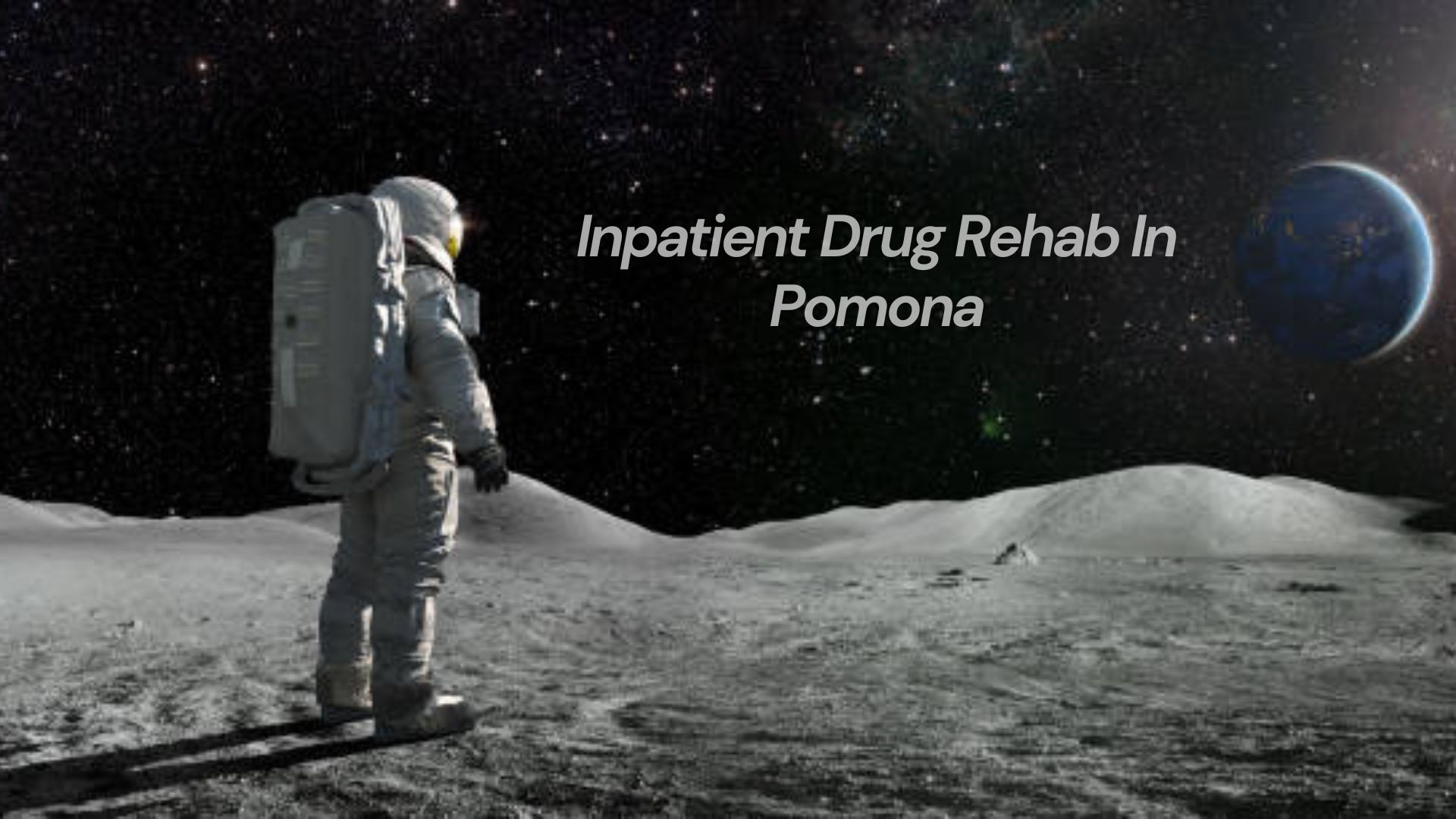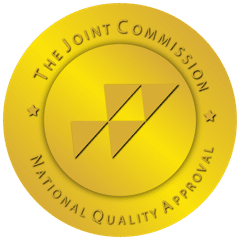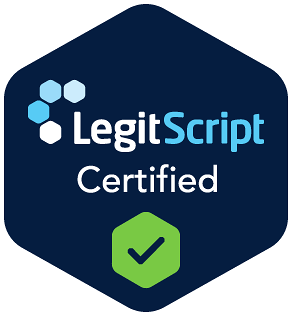For many, the road to recovery is a long and multifaceted journey. One of the critical phases in this process is transitioning from Intensive Outpatient Programs (IOP) to aftercare.
Understanding how to navigate this shift is essential for maintaining the progress made during more intensive treatment. At Lift Off Recovery in Anaheim, we focus on providing the tools and support necessary for a successful transition, ensuring that our clients are set up for long-term success in their recovery.
What Is an Intensive Outpatient Program (IOP)?
An Intensive Outpatient Program is a structured form of addiction treatment that allows patients to receive comprehensive care while continuing to live at home. IOP is often the next step for participants who have completed inpatient or residential treatment, or it may serve as the primary treatment for those who do not require 24-hour supervision. At Lift Off Recovery, our IOP includes a blend of evidence-based therapies, such as cognitive-behavioral therapy (CBT), group counseling, and individual sessions designed to address both addiction and co-occurring mental health disorders.
The flexibility of IOP allows patients to continue with their daily responsibilities, such as work or school, while still receiving the support they need for recovery.
Learn more about our Intensive Outpatient Programs at Lift Off Recovery.
What Is Aftercare and Why Is It Important?
Aftercare refers to the ongoing support and treatment that occurs after completing a formal addiction treatment program, such as IOP. The purpose is to provide continued guidance, accountability, and access to resources that help prevent relapse and support long-term sobriety.
While intensive programs like IOP provide a strong foundation, aftercare helps participants navigate the challenges that come with returning to daily life without the structure of formal treatment. It plays a vital role in ensuring that individuals remain on track with their recovery goals and continue to make progress.
At Lift Off Recovery, we understand the importance of follow up care and offer a range of services, including ongoing counseling, relapse prevention planning, and peer support groups, to help clients maintain their sobriety long after completing IOP.
The Transition from IOP to Aftercare: Key Considerations
Making the shift from an Intensive Outpatient Program to follow up care requires thoughtful planning and support. Here are several key considerations to keep in mind during this transition:
1. Building a Relapse Prevention Plan
One of the most critical aspects of transitioning is creating a solid relapse prevention plan. This plan includes identifying potential triggers, developing coping strategies, and knowing how to seek help if a relapse seems imminent.
During IOP, patients learn techniques for managing cravings and avoiding high-risk situations. In aftercare, these strategies are reinforced and expanded upon to help them handle real-world stressors more effectively.
2. Continued Therapy and Counseling
Therapy is a crucial component of addiction treatment that doesn’t stop after IOP. Ongoing counseling sessions provide a safe space for patients to process their emotions, address new challenges, and continue working on personal growth. These sessions can be held individually or in a group setting, depending on what works best for the individual.
At Lift Off Recovery, we offer both individual therapy and group counseling as part of our services. These sessions allow clients to continue developing the skills they learned during IOP and apply them to their daily lives.
3. Peer Support and Community Involvement
Building a strong support network is essential for long-term recovery. Aftercare programs often emphasize the importance of connecting with a sober community through peer support groups. These groups provide emotional support, accountability, and the opportunity to share experiences with others who understand the challenges of recovery.
At Lift Off Recovery, we facilitate connections with peer support groups and encourage individuals to get involved in 12-step programs or other community-based recovery networks. These connections can make a significant difference in maintaining sobriety and preventing feelings of isolation.
Find out how our peer support groups can enhance your recovery journey.
4. Ongoing Education and Skill Building
Recovery is not just about abstaining from substances; it’s also about learning new ways to cope with stress, manage emotions, and make healthier life choices. Aftercare programs often include workshops or educational sessions that focus on building life skills, improving emotional regulation, and developing better decision-making habits.
Our aftercare services at Lift Off Recovery include ongoing education and skill-building workshops that help patients develop the tools they need to thrive in their sober lives. These workshops cover topics such as stress management, communication skills, and time management, all of which are critical for maintaining balance in recovery.
5. Flexibility and Accessibility in Aftercare
One of the advantages of aftercare is its flexibility. Unlike the structured schedule of IOP, aftercare services can often be customized to fit an individual’s needs and lifestyle. This means that patients can continue working, going to school, or caring for their families while receiving the support they need.
At Lift Off Recovery, we offer flexible aftercare services, including both in-person and virtual counseling sessions. This allows our clients to access the care they need, no matter their location or schedule.
Learn more about how flexible aftercare can support your recovery.
Preparing for the Transition: Tips for Success
The transition from IOP to aftercare can feel daunting, but with the right preparation and mindset, it can be a positive and empowering step. Here are a few tips to help ensure a successful transition:
1. Stay Connected to Your Support Network
As you move from IOP, it’s important to maintain strong connections with your support network. This includes friends, family members, counselors, and peers in recovery. These people can provide valuable encouragement and accountability as you adjust to life after intensive treatment.
2. Continue Setting Goals
Recovery is an ongoing process, and setting new goals can help you stay focused and motivated. Continue setting both short-term and long-term goals for your personal growth and sobriety. Your counselors at Lift Off Recovery can help you establish realistic goals that align with your recovery plan.
3. Be Open to Adjusting Your Plan
Recovery is not linear, and it’s common to encounter challenges along the way. If you find that certain aspects of your plan aren’t working, don’t hesitate to adjust them. Whether it’s changing your therapy schedule, trying new coping strategies, or seeking additional support, being flexible and open to change is key to long-term success.
The Benefits of Aftercare at Lift Off Recovery
At Lift Off Recovery, we believe that aftercare is an essential component of long-term sobriety. Our programs are designed to provide ongoing support, guidance, and resources that help patients stay on track with their recovery goals. Some of the key benefits of our services include:
- Ongoing counseling and therapy: Continue receiving support through individual or group sessions.
- Relapse prevention planning: Stay prepared with strategies to handle triggers and cravings.
- Peer support: Build connections with others who understand the challenges of recovery.
- Flexible scheduling: Access services that fit your lifestyle and commitments.
- Skill-building workshops: Learn new tools for managing stress, improving communication, and making healthy choices.
Your Path to Long-Term Recovery
Transitioning from Intensive Outpatient Programs to aftercare is a critical step in achieving long-term sobriety. At Lift Off Recovery in Anaheim, we provide the support, guidance, and resources needed to make this transition as smooth and successful as possible. Our services ensure that you continue to receive the care you need while living your life outside of formal treatment.
If you or a loved one is ready to take the next step in their recovery journey, contact Lift Off Recovery today to learn more about our aftercare programs. We’re here to support you every step of the way.
Contact us today to begin your journey toward lasting recovery.






